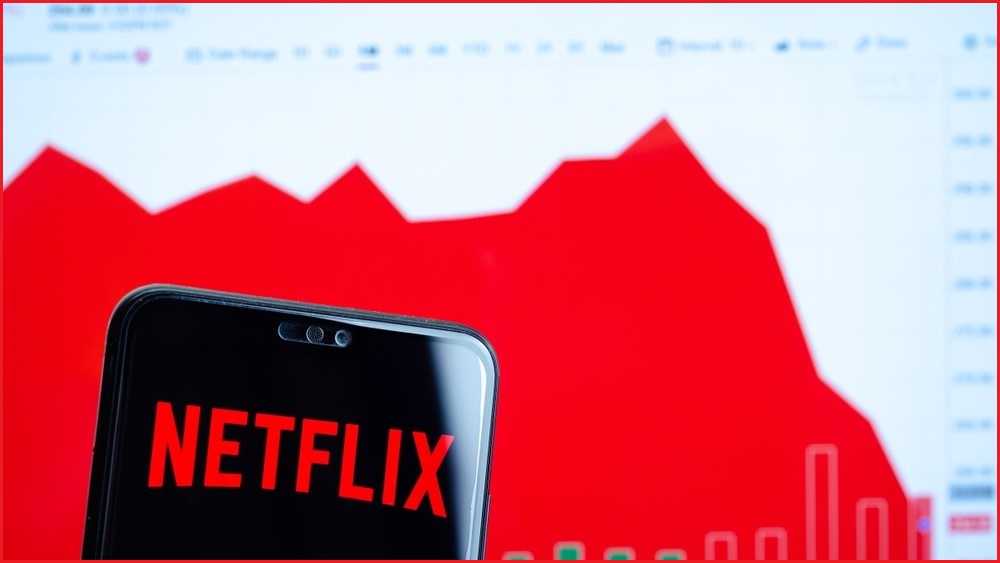Netflix has experienced its first drop in Australian subscribers following controversial changes to its account sharing rules and pricing structure.
In May, the streaming giant disappointed its Australian userbase after it told customers they could pay an extra $7.99 a month or lose the ability to share their account outside of their household.
In a not-so-surprising turn of events, the company is now suffering its first drop in subscribers from its Australian customer base.
Australian technology analyst firm Telsyte detailed Netflix’s falling subscribers as part of a wider study of the Australian subscription entertainment market.
“Around 7 per cent of those who have subscribed to Netflix in the last 12 months ended up cancelling Netflix due to the new rules imposed around sharing with others outside the household,” the study said.
“At the time of the survey, the uptake of Netflix’s new extra member plan (as of June 23) had yet to exceed the number of cancellations suggested by the survey findings.”
According to the Telsyte Australian Subscription Entertainment Study 2023, Netflix’s drop in Australian subscribers coincided with an overall growth in domestic subscription video-on-demand (SVOD) services – increasing by 5 per cent to 24.6 million in June 2023.
Streaming has established itself as a household norm – with the study finding the average number of SVOD subscriptions per household rose to 3.4 while 39 per cent of subscribing households have three or more active services.
Telsyte senior analyst Alvin Lee told Information Age Australian consumers are willing to spend on streaming video services, but are also more discerning with who gets their dollar.
“Telsyte research shows Australians are willing to spend on streaming video services to meet their entertainment needs and their budget has increased in line with inflation (by 7 per cent),” said Lee.
“However, many users are also constantly searching for more cost-effective options or free content. In fact, 50 per cent of Australians believe they can find high-quality video content from free sources.”
While Netflix remains the market leader at 6.1 million subscribers in spite of a 3 per cent decline, other streaming platforms have “gained ground”.
Rival streaming giants Amazon Prime Video and Disney+ racked up 4.5 million (up 9 per cent) and 3.1 million (up 1 per cent) subscriptions respectively – while domestic SVOD services Binge and Stan grew to a competitive 1.5 million and 2.6 million.
Notably, Netflix’s new account-sharing rules initially drove increased global revenue and subscriber numbers for the company.
In Australia however, Telsyte expressly attributes Netflix’s recent fall in subscribers to user backlash caused by its account sharing changes – as more than 80 per cent of surveyed Australians intend to share services “for as long as they can”, predominantly for the purpose of saving money.
“Account sharing has been the “secret sauce” of building customer stickiness and viewership for SVOD services,” said Lee.
“However, Netflix’s password crackdown coincides with a period when SVOD subscribers are increasingly open to shifting between services due to the availability of compelling and popular content spread across various platforms.”
Telsyte’s findings also indicate a call for local content.
SVOD services grew wildly popular over the last decade, driven by US providers which offer content predominantly created overseas.
Telsyte’s study found two in three Australians have watched locally-developed content on SVOD platforms in the last 12 months – and 60 per cent want to see more.
“Netflix is still considered a must-have service for many Australians and the key lies in consistently creating engaging content that deeply connects with Australian viewers,” Lee said.
Australians are also voicing concerns over the use generative AI in producing video content, with half surveyed refuting the idea that AI can replace human scriptwriters in creating interesting, distinct storylines.
The topic of AI generation has been central to recent writer and actor strikes in Hollywood, with streaming giants such as Netflix, Amazon, Disney and Apple all caught in a pivotal debate on ethical AI adoption in media.










